April 14 stands as one of history’s most eventful days, witnessing the rise and fall of empires, groundbreaking discoveries, and moments that shaped our modern world across centuries of human achievement.
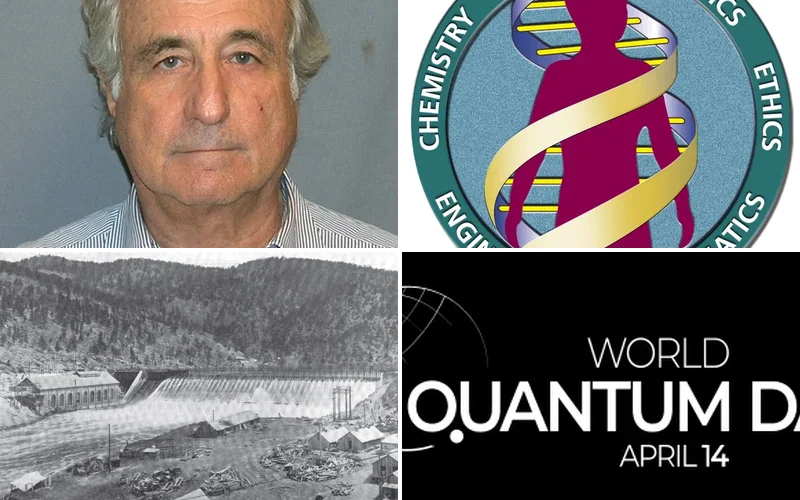
Politics and Government Events on April 14
1931 – Second Spanish Republic Proclaimed
The Second Spanish Republic emerged as King Alfonso XIII departed for exile on this historic date. Meanwhile, Francesc Macià simultaneously proclaimed the Catalan Republic in Barcelona, challenging central authority.
The dual proclamations created immediate tension between regional autonomy and national unity. These political upheavals would eventually contribute to the Spanish Civil War’s devastating conflicts.
1967 – Gnassingbé Eyadéma Seizes Power in Togo

Gnassingbé Eyadéma overthrew Nicolas Grunitzky in a decisive military coup. The ambitious officer installed himself as Togo’s president through swift political maneuvering.
His authoritarian rule would span an unprecedented 38 years until his death. Eyadéma’s regime became synonymous with single-party control and suppression of political opposition.
1991 – Georgia Introduces Presidential System
The Republic of Georgia established the office of President following its independence declaration from the Soviet Union. This constitutional reform marked a crucial step toward democratic governance.
The new presidential system replaced Soviet-era administrative structures. Georgia’s political transformation reflected broader changes sweeping across the former Soviet republics.
2002 – Hugo Chávez Returns to Power
Venezuelan President Hugo Chávez triumphantly returned to office after a brief military coup attempt. His restoration came just two days after being arrested and ousted.
Popular demonstrations and military loyalty shifts enabled Chávez’s dramatic comeback. The failed coup attempt actually strengthened his political position among supporters.
1979 – Rice Price Protests in Liberia
The Progressive Alliance of Liberia organized unauthorized demonstrations against government-proposed rice price increases. Police clashed violently with protesters throughout the capital.
Over 70 people died and 500 sustained injuries during the confrontations. The rice riots exposed deep economic inequalities and government insensitivity to popular concerns.
1988 – Soviet Union Pledges Afghanistan Withdrawal
Soviet representatives signed a historic agreement in Geneva pledging complete troop withdrawal from Afghanistan. The United Nations ceremony marked the beginning of the end for Soviet involvement.
This diplomatic breakthrough followed years of devastating warfare and international pressure. The withdrawal agreement represented a significant shift in Cold War dynamics.
Military and Naval History on April 14
1912 – RMS Titanic Strikes Iceberg
The British passenger liner RMS Titanic collided with an iceberg in the North Atlantic Ocean. The massive ship immediately began taking on water through multiple hull breaches.
The disaster would claim over 1,500 lives in one of history’s most infamous maritime tragedies. The Titanic’s sinking exposed serious flaws in maritime safety regulations and emergency procedures.
1940 – Royal Marines Land in Namsos
Royal Marines established a beachhead in Namsos, Norway, during World War II operations. This advance force prepared the way for larger Allied units arriving within days.
The Norwegian campaign represented Britain’s attempt to counter German expansion in Scandinavia. However, the operation would ultimately fail due to German air superiority and logistical challenges.
1941 – Axis Forces Attack Tobruk
German and Italian forces launched a coordinated assault on the strategic port city of Tobruk, Libya. The attack marked a crucial phase in the North African campaign.
Australian and British defenders prepared for an extended siege. The battle for Tobruk would become a symbol of Allied resistance in the desert war.
1944 – Bombay Harbor Explosion
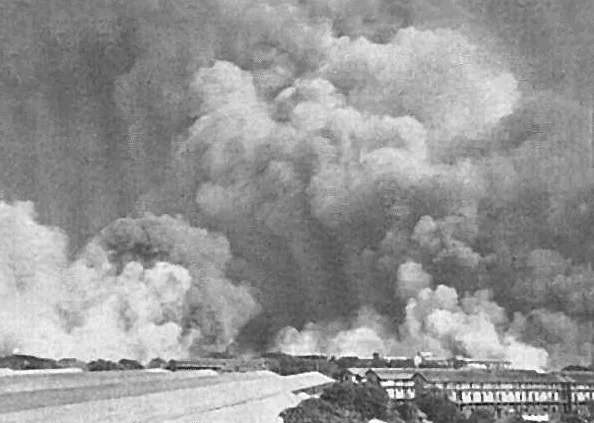
A catastrophic explosion devastated Bombay harbor, killing 300 people instantly. The blast caused economic damage valued at 20 million pounds, crippling port operations.
The explosion disrupted vital wartime supply lines to Allied forces. Investigation revealed the blast originated from a cargo ship carrying ammunition and fuel supplies.
1988 – USS Samuel B. Roberts Strikes Mine
The USS Samuel B. Roberts hit an Iranian mine in the Persian Gulf during Operation Earnest Will. The explosion severely damaged the frigate’s hull and engineering spaces.
Skilled damage control prevented the ship from sinking completely. The incident escalated tensions between the United States and Iran during the Tanker War.
1945 – Razing of Friesoythe
The 4th Canadian Armoured Division systematically destroyed the German town of Friesoythe. Major General Christopher Vokes ordered the controversial action as retaliation for German resistance.
The destruction violated established rules of warfare regarding civilian targets. The incident remains one of the most controversial Allied actions during the war’s final months.
2022 – Russian Warship Moskva Sinks
The Russian warship Moskva, flagship of the Black Sea Fleet, sank during the Ukrainian conflict. The vessel’s loss represented a major symbolic and strategic defeat for Russian naval forces.
Ukraine claimed responsibility for the attack using Neptune missiles. Russia initially denied hostile action but later acknowledged the ship’s total loss.
Science and Discovery Milestones on April 14
2003 – Human Genome Project Completed

Scientists announced the completion of the Human Genome Project with 99% accuracy. The massive international effort successfully sequenced the entire human genetic code.
This breakthrough opened new frontiers in medical research and personalized medicine. The project’s completion accelerated development of targeted therapies for genetic diseases.
1958 – Sputnik 2 Falls from Orbit
The Soviet satellite Sputnik 2 returned to Earth after 162 days in space. The spacecraft carried Laika, the first living animal launched into orbit.
The mission provided crucial data about long-duration spaceflight effects. Laika’s sacrifice contributed to understanding biological challenges facing future human astronauts.
1981 – Space Shuttle Columbia’s First Flight
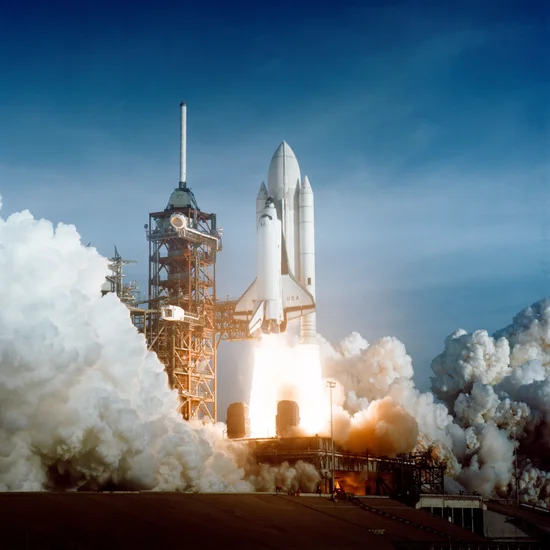
The Space Shuttle Columbia completed its maiden test flight, marking a new era in space exploration. The revolutionary reusable spacecraft demonstrated successful orbital operations and landing capabilities.
Columbia’s success validated the shuttle program’s ambitious design concepts. The mission proved that routine space access was technologically feasible.
2023 – Jupiter Icy Moons Explorer Launched

The European Space Agency successfully launched the Jupiter Icy Moons Explorer (JUICE) toward the gas giant. The sophisticated probe will study Jupiter’s potentially habitable moons.
JUICE carries advanced instruments to analyze subsurface oceans on Europa, Ganymede, and Callisto. The mission represents humanity’s most ambitious attempt to find extraterrestrial life.
Cultural and Arts Events on April 14
1929 – Inaugural Monaco Grand Prix

The first Monaco Grand Prix took place through the streets of Monte Carlo. William Grover-Williams claimed victory driving a Bugatti Type 35 around the challenging circuit.
The race established Monaco as motorsport’s most prestigious venue. The event’s glamorous setting attracted international attention and celebrity participation.
1906 – Azusa Street Revival Begins
The Azusa Street Revival held its first meeting in Los Angeles, California. This religious awakening would launch Pentecostalism as a global Christian movement.
The revival attracted participants from diverse racial and social backgrounds. Its emphasis on spiritual gifts and emotional worship transformed Protestant Christianity worldwide.
1967 – Tbilisi Language Demonstrations
Thousands of Georgians demonstrated in Tbilisi against Soviet attempts to diminish Georgian language status. The protests successfully defended their constitutional linguistic rights.
The demonstrations represented broader Georgian resistance to cultural assimilation. This peaceful victory inspired similar movements across the Soviet Union.
Religious and Social Events on April 14
1909 – Armenian Massacre in Adana
Muslims in the Ottoman Empire initiated systematic massacres of Armenians in Adana province. The violence represented escalating ethnic tensions within the declining empire.
Thousands of Armenian civilians perished in the organized attacks. The Adana massacres foreshadowed the larger Armenian Genocide during World War I.
2014 – Chibok Girls Kidnapping

Boko Haram terrorists abducted 276 girls from a school in Chibok, Nigeria. The mass kidnapping shocked the international community and sparked global outrage.
The #BringBackOurGirls campaign mobilized worldwide support for the victims. Many girls remained in captivity for years, becoming symbols of educational vulnerability.
2006 – Jama Masjid Bombing
Crude bombs exploded during evening prayers at Delhi’s historic Jama Masjid mosque. The terrorist attack injured 13 worshippers and damaged the ancient structure.
The bombing heightened religious tensions throughout India. Security forces intensified counterterrorism efforts at major religious sites nationwide.
Business and Economic Events on April 14
1935 – Black Sunday Dust Storm
The most devastating dust storm of the Dust Bowl era swept across Oklahoma and Texas. The massive “black blizzard” destroyed crops and livestock across vast agricultural regions.
Thousands of farming families faced complete economic ruin. The ecological disaster accelerated the Great Depression’s impact on rural America.
1999 – Sydney Hailstorm

A severe hailstorm caused A$2.3 billion in insured damages across Sydney, Australia. The natural disaster became the most costly weather event in Australian history.
Tennis ball-sized hail destroyed thousands of vehicles and buildings. Insurance companies faced unprecedented claims volumes from the concentrated damage.
2001 – Hauser Dam Failure

The steel Hauser Dam on Montana’s Missouri River catastrophically failed. A 25-30 foot wall of water surged downstream, destroying property and infrastructure.
The dam collapse demonstrated the vulnerability of aging water infrastructure. Emergency response teams evacuated thousands of residents from the flood path.
Transportation and Infrastructure on April 14
1908 – Hauser Dam Collapse

The Hauser Dam on Montana’s Missouri River suffered catastrophic structural failure. The collapsing steel dam released a devastating flood surge downstream.
The 25-30 foot wall of water destroyed bridges, railroads, and buildings. The disaster highlighted serious deficiencies in early 20th-century dam engineering.
1912 – Titanic Disaster
The RMS Titanic struck an iceberg during her maiden voyage across the Atlantic. The collision created multiple hull breaches that quickly flooded the ship’s compartments.
Over 1,500 passengers and crew perished in the freezing waters. The tragedy revolutionized maritime safety regulations and emergency response procedures.
1999 – Sydney Hailstorm Infrastructure Damage

Massive hailstones devastated Sydney’s transportation networks and infrastructure systems. The severe weather caused A$2.3 billion in total damages.
Airport operations ceased as aircraft and facilities sustained heavy damage. The storm demonstrated urban infrastructure’s vulnerability to extreme weather events.
Sports and Recreation on April 14
1929 – First Monaco Grand Prix

The inaugural Monaco Grand Prix transformed the principality’s streets into a racing circuit. William Grover-Williams won the prestigious race driving a Bugatti Type 35.
The challenging street circuit tested drivers’ skills through tight corners and elevation changes. Monaco’s Grand Prix became Formula One’s most glamorous and traditional event.
1986 – Record-Breaking Hailstorm in Bangladesh
The heaviest hailstones ever recorded fell on Bangladesh’s Gopalganj district. Each hailstone weighed approximately 1 kilogram, creating deadly projectiles from the sky.
The unprecedented weather event killed 92 people and injured hundreds more. The record-breaking hailstorm demonstrated nature’s capacity for extreme violence.
1991 – Friendly Fire Incident in Iraq
Two U.S. Air Force aircraft mistakenly shot down American Army helicopters during Operation Provide Comfort. The tragic friendly fire incident killed 26 military personnel.
The accident occurred during humanitarian operations in northern Iraq. The tragedy led to improved identification systems and communication protocols.
Notable Births on April 14
1904 – John Gielgud
English actor John Gielgud was born into a theatrical family with distinguished artistic heritage. His early exposure to drama shaped his legendary career trajectory.
Gielgud would become one of the 20th century’s most celebrated Shakespearean actors. His performances defined classical theater excellence for multiple generations.
1940 – Julie Christie

British actress Julie Christie was born in British India to English parents. Her international upbringing influenced her cosmopolitan worldview and artistic sensibilities.
Christie would become an icon of 1960s cinema through acclaimed performances. Her roles in “Doctor Zhivago” and “Darling” earned international recognition.
1945 – Ritchie Blackmore

English guitarist Ritchie Blackmore was born in Weston-super-Mare, Somerset. His early musical experiments combined classical influences with rock innovations.
Blackmore would co-found Deep Purple and pioneer heavy metal guitar techniques. His neoclassical compositions influenced countless rock musicians worldwide.
1973 – Adrien Brody

American actor Adrien Brody was born in New York City to artistic parents. His culturally rich upbringing fostered his dramatic talents and creative ambitions.
Brody would become the youngest Best Actor Oscar winner for “The Pianist.” His intense method acting approach earned critical acclaim and industry respect.
1977 – Sarah Michelle Gellar

American actress Sarah Michelle Gellar was born in New York City. Her childhood modeling and commercial work prepared her for television stardom.
Gellar would achieve international fame starring in “Buffy the Vampire Slayer.” Her portrayal of the teenage supernatural hero became a cultural phenomenon.
1950 – Francis Collins
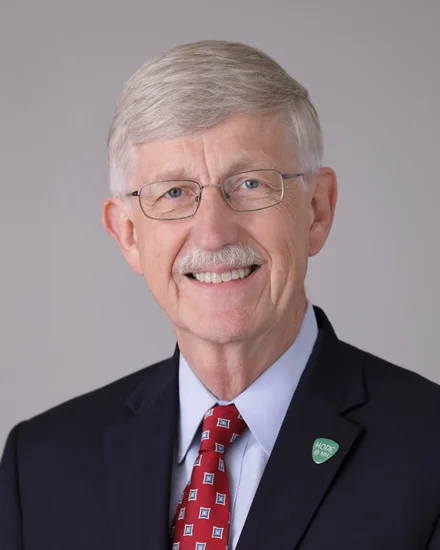
American physician and geneticist Francis Collins was born in Staunton, Virginia. His scientific curiosity emerged during his undergraduate physics studies.
Collins would lead the Human Genome Project and direct the National Institutes of Health. His research revolutionized understanding of genetic diseases and treatments.
1919 – Shamshad Begum
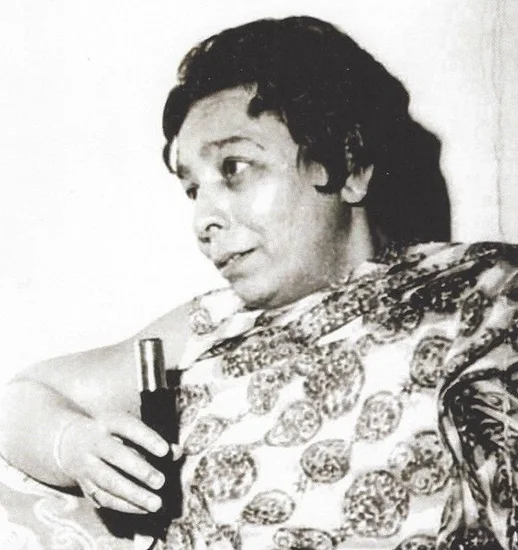
Pakistani-Indian playback singer Shamshad Begum was born in Lahore. Her powerful voice would define early Bollywood cinema’s musical landscape.
Begum became one of the first major playback singers in Indian cinema. Her distinctive style influenced generations of South Asian musical performers.
Notable Deaths on April 14
1912 – Henri Brisson
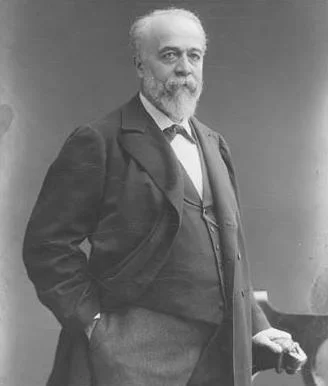
French politician Henri Brisson passed away after a distinguished career in republican politics. He served as Prime Minister of France during two separate terms.
Brisson championed democratic reforms and educational modernization throughout his career. His moderate republican stance helped stabilize French politics during turbulent periods.
1930 – Vladimir Mayakovsky
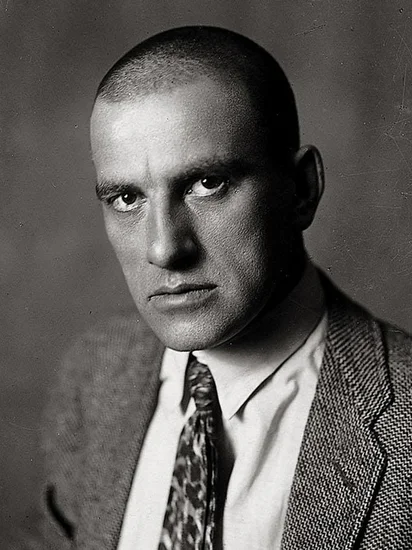
Georgian-Russian poet Vladimir Mayakovsky died tragically in Moscow at age 36. His revolutionary poetry captured the spirit of Soviet transformation and social upheaval.
Mayakovsky’s avant-garde style influenced modern Russian literature profoundly. His dramatic works combined political passion with experimental linguistic techniques.
1935 – Emmy Noether
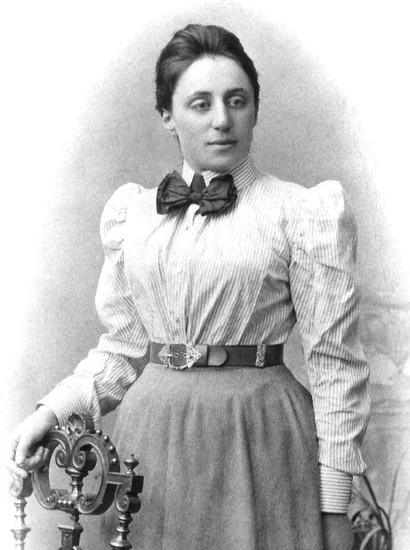
German-American mathematician Emmy Noether died in Pennsylvania after groundbreaking theoretical contributions. Einstein called her the most important woman in mathematics history.
Noether’s work in abstract algebra and theoretical physics advanced mathematical understanding. Her theorem linking symmetry and conservation laws revolutionized physics.
1964 – Rachel Carson
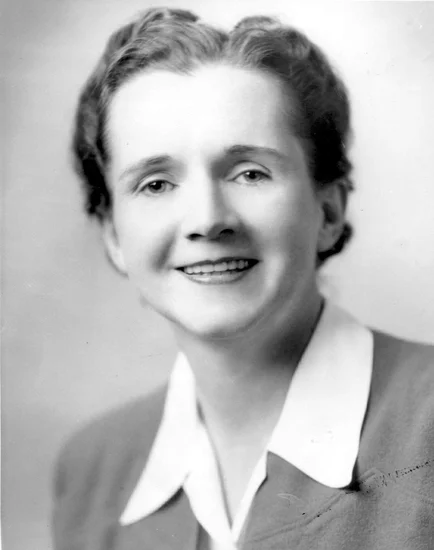
American biologist Rachel Carson died after launching the modern environmental movement. Her book “Silent Spring” exposed pesticide dangers to public health.
Carson’s scientific writing combined rigorous research with accessible prose. Her work catalyzed environmental awareness and regulatory reform worldwide.
1975 – Fredric March
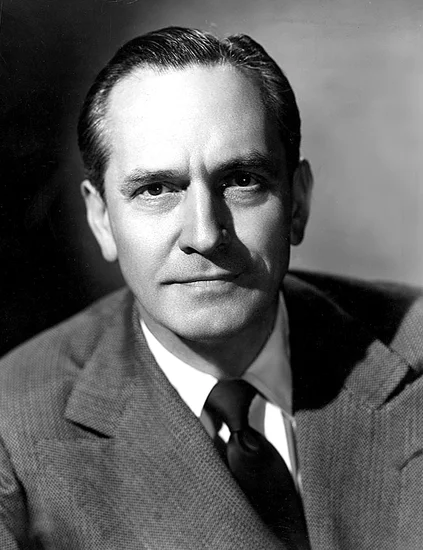
American actor Fredric March passed away after a distinguished stage and film career. He won two Academy Awards for Best Actor during Hollywood’s golden age.
March’s versatile performances ranged from comedy to serious drama. His theatrical training brought depth and authenticity to his film roles.
1986 – Simone de Beauvoir
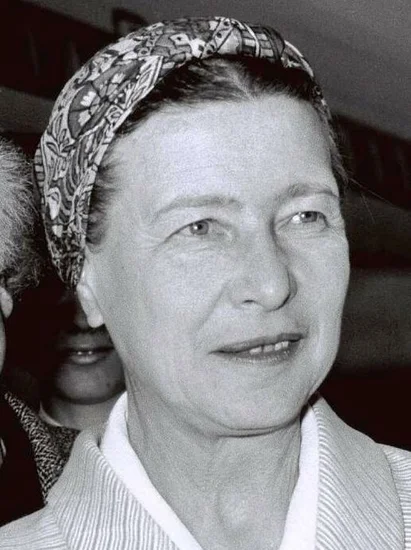
French novelist and philosopher Simone de Beauvoir died in Paris at age 78. Her feminist writings challenged traditional gender roles and social expectations.
De Beauvoir’s “The Second Sex” became foundational feminist literature. Her intellectual partnership with Jean-Paul Sartre influenced existentialist philosophy.
2021 – Bernie Madoff
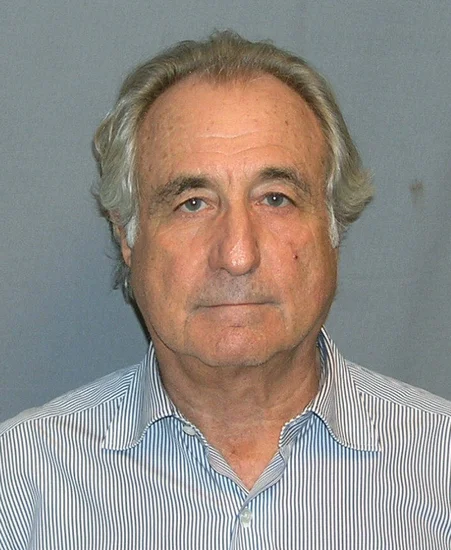
American financier Bernie Madoff died in federal prison while serving his sentence. His Ponzi scheme defrauded investors of approximately $65 billion.
Madoff’s financial crimes represented the largest fraud in Wall Street history. His elaborate deception destroyed thousands of investors’ life savings and retirement funds.
Holidays and Observances on April 14
Ambedkar Jayanti

India celebrates Ambedkar Jayanti honoring Dr. B.R. Ambedkar, the principal architect of the Indian Constitution. This national holiday commemorates his contributions to social justice and Dalit rights.
Ambedkar’s legacy continues inspiring movements for equality and human dignity. Educational institutions and government offices organize special programs celebrating his achievements.
Bengali New Year

Bangladesh observes the Bengali New Year with colorful cultural celebrations and traditional festivities. The holiday marks the beginning of the Bengali calendar year.
Families gather for special meals and cultural programs throughout the country. The celebration strengthens Bengali cultural identity and community bonds.
World Quantum Day

The international scientific community celebrates World Quantum Day, promoting quantum physics education and research. The observance highlights quantum technology’s revolutionary potential.
Universities and research institutions organize educational events and demonstrations. The day encourages public understanding of quantum mechanics and its applications.
Pan American Day
Several countries throughout the Americas observe Pan American Day, celebrating hemispheric cooperation and cultural exchange. The holiday promotes understanding among American nations.
Diplomatic missions and cultural organizations host special events and exhibitions. The observance strengthens ties between North, Central, and South American countries.
